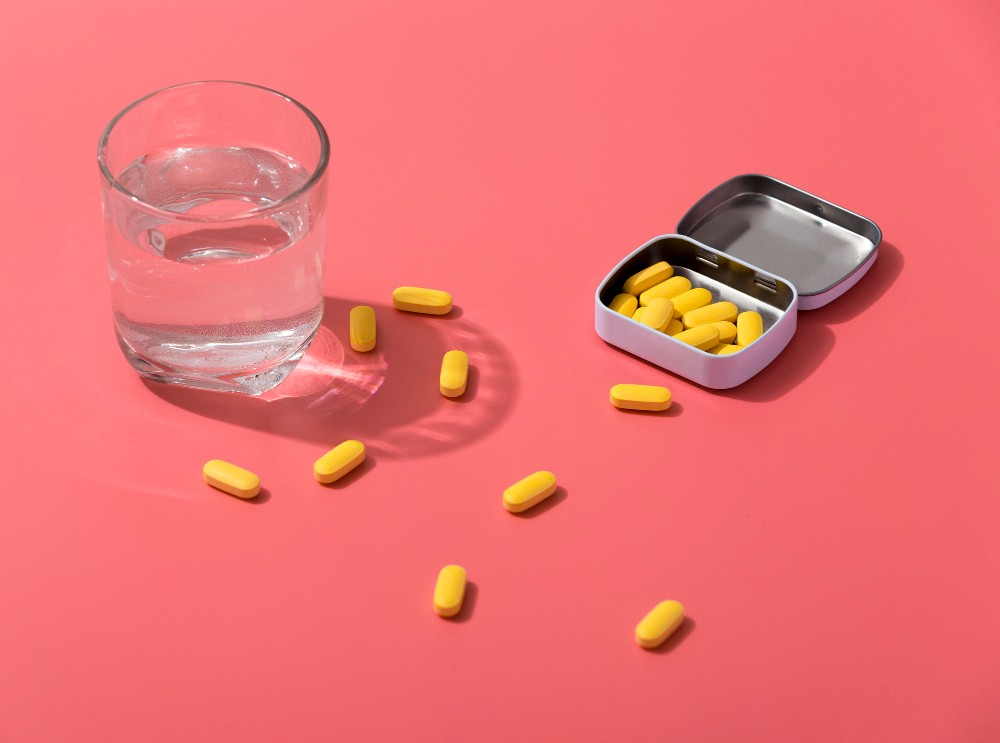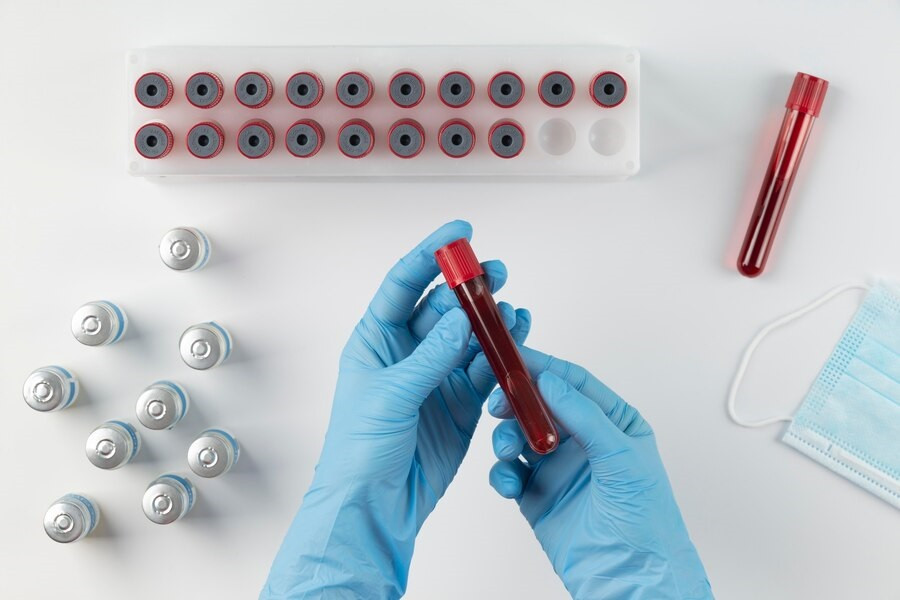Iron is an essential mineral for the body, especially for growth. It is crucial for producing hemoglobin, the protein in red blood cells that transports oxygen from the lungs to the rest of the body.
A lack of iron can lead to symptoms like fatigue and breathlessness. To address an iron deficiency, you can either eat iron-rich foods or consider taking supplements.
Symptoms of Iron Deficiency
Iron is vital for several bodily functions. Along with generating red blood cells, iron supports muscle function, cognitive health, and immunity.
Unfortunately, many people are unaware of their iron deficiency. If not treated, it can progress into a more serious condition known as iron deficiency anemia.
Common symptoms of iron deficiency include:
- Frequent fatigue
- Weakness and low energy levels
- Shortness of breath
- Difficulty focusing
- Frequent illnesses
- Pale skin
- Heart palpitations
- Hair thinning or loss
When iron deficiency progresses to anemia, symptoms may worsen to include painful mouth sores, unusual cravings for non-food items (pica), and nails that become curved or spoon-shaped.
If you have any of these symptoms, consulting a doctor can help determine the underlying health issue. Regular checks of iron levels are an effective way to detect and address low iron levels early, preventing progression to anemia.
Who Should Take Iron Supplements?
The amount of iron a person needs varies based on age, gender, and health conditions. Recommended iron intake for children and adults includes:
- Ages 4–8 years: 10 mg per day
- Ages 9–13 years: 8 mg per day
- Women ages 19–50 years: 18 mg per day
- Men ages 19–50 years: 8 mg per day
- Men and women past menopause: 8 mg per day
Some people may need extra iron due to specific health conditions, such as pregnancy or breastfeeding. Besides obtaining iron from food, iron supplements can help restore levels more quickly than dietary changes alone. Supplements are often the preferred treatment for anemia.
For those unable to maintain adequate iron levels through diet alone, supplements can be an effective solution. Groups who may benefit from iron supplements include:
- Pregnant women
- Premature infants and young children
- People with heavy menstrual bleeding
- Frequent blood donors
- Cancer patients
- People with gastrointestinal issues like celiac disease, ulcerative colitis, or Crohn’s disease
- Individuals who have had gastric surgery
- People with heart failure
- Those taking medications that deplete iron, like antacids
- People who engage in intense physical exercise
- Vegetarians or vegans
- Individuals with blood disorders like thalassemia
- People with alcohol addiction
When taking iron supplements, it’s essential to follow medical guidance or product instructions. Excessive iron intake can lead to digestive discomfort and hinder the absorption of other nutrients. Severe cases of iron overdose can lead to cell damage, organ failure, coma, or even death.
To avoid complications, consult a healthcare provider about your nutritional needs and iron intake. Always follow prescribed doses and avoid unsupervised supplementation. For more advice on iron intake, consider consulting a doctor or using the consultation feature on the Ai Care app.
Looking for more information on other health conditions? Click here!
- dr Nadia Opmalina
Petre, A. (2020). Who Should Take Iron Supplements?. Available from: https://www.healthline.com/nutrition/iron-supplements-who-should-take
Watosn. S. (2022). What You Need to Know About Iron Supplements. Available from: https://www.webmd.com/vitamins-and-supplements/features/iron-supplements
Griffin, M. (2024). Dietary Iron and Iron Supplements. Available from: https://www.webmd.com/diet/supplement-guide-iron
National Institues of Health. Iron. Available from: https://ods.od.nih.gov/factsheets/Iron-Consumer/












